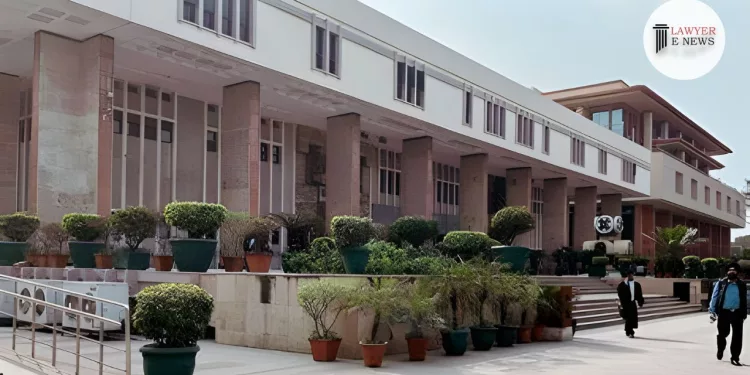Contradictions Inconsequential, Testimonies Have a ‘Ring of Truth’ – Delhi High Court Reverses Acquittal in Rape Case

The Delhi High Court has overturned the acquittal of an accused in a disturbing case of repeated rape of a minor by her father, delivered by the trial court. The judgment, pronounced by Justices Manoj Jain and Suresh Kumar Kait, underscores the significance of victim testimonies in sexual assault cases, even when there are delays in reporting the crime. The ruling emphasized that the trial court had erred in dismissing the prosecution’s case based on minor inconsistencies and delays in filing the FIR.
The accused, PDD, had been charged with committing aggravated penetrative sexual assault on his daughter, a minor at the time of the incidents, which took place between January 2011 and January 2013. The victim reported the assaults to the police on January 19, 2013, after her father physically abused her mother and brother. The trial court acquitted the accused on June 7, 2019, citing gaps and inconsistencies in the prosecution’s case.
The High Court noted that the victim’s testimony was consistent and detailed. Despite the delay in reporting the crime, the court emphasized that such delays are common in cases of sexual assault, especially when the perpetrator is a family member. “The testimony of the victim in such cases is vital and unless there are compelling reasons which necessitate looking for corroboration of her statement, the courts should find no difficulty to act on the testimony of a victim of sexual assault alone to convict an accused where her testimony inspires confidence and is found to be reliable,” the court stated.
Addressing the delay in filing the FIR, the court observed, “Every delay cannot be branded fatal in a mechanical manner. The court has a bounden duty to take into stock various factors such as the social status of the parties, their cultural ethos, and their economic condition before coming to any conclusion.” The court acknowledged that the victim and her mother were in a difficult situation, fearing social stigma and the impact on their family life.
The court found that the trial court had given undue weight to minor contradictions in the victim’s testimony. “The contradictions, inter se the testimony of the victim, her mother, and brother, are found to be inconsequential. The substance of the testimony of all three witnesses appears to have a ‘ring of truth’ as they all have corroborated one another,” the judgment read.
The High Court extensively discussed the principles of evaluating evidence in sexual assault cases. It reiterated that a conviction can be based on the sole testimony of the victim if it is found to be reliable and trustworthy. The judgment also emphasized the statutory presumptions under the Protection of Children from Sexual Offences (POCSO) Act, which place the burden on the accused to prove their innocence once the prosecution establishes the foundational facts.
“The testimony of the victim inspires full confidence and there is no reason whatsoever to suspect or distrust her,” Justice Manoj Jain remarked. “We are of the firm view that the learned trial court has misread and misinterpreted the evidence and the analysis of the evidence is based on conjectured inferences, necessitating us to interfere with such order of acquittal.”
The Delhi High Court’s reversal of the acquittal underscores the judiciary’s commitment to upholding justice in cases of sexual violence. The judgment sends a strong message about the importance of victim testimonies and the need to view delays and minor inconsistencies in the context of the victim’s circumstances. This landmark decision reinforces the legal framework for addressing sexual crimes, particularly within the family.
Date of Decision: May 14, 2024
State vs. PDD and Miss P and Others vs. State of NCT Delhi & Anr.






